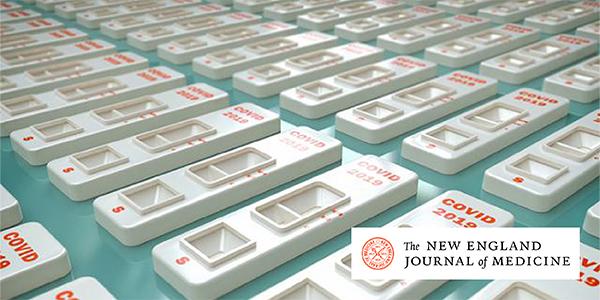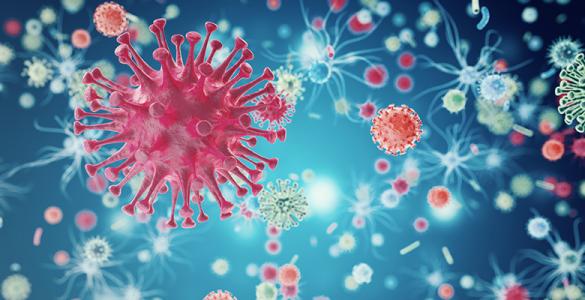Do Fainter Lines on Home COVID Tests Mean You’re Getting Better?
The colors of lines on COVID tests can show whether you’re getting healthy or staying sick—if they’re interpreted the right way. It's important to remember that these assays were not developed to be quantitative, meaning they can’t officially tell you how much virus is in the sample.
Paul Drain, associate professor of global health and of epidemiology, is quoted.




